
Transcription
BLOG POST #14
HOW FAR MUST INMATES GO TO ENJOY FREEDOM OF EXPRESSION?
_________________________________________________________
Prison rule #27- OBSTRUCTIVE/DISRUPTIVE CONDUCT, which policy has defined in relevant parts 'An offender commits an offense under this subsection when the offender:
c. Engages in conduct which disrupts or interferes with the security, tranquility, or orderly running of an institution.
e. Proposes, suggests, or participates in any activity with prison staff which interferes with, has the potential to interfere with, or compromise that staff's judgment, responsibilities or duty.
Prison rule #40- MISUSE OF MAIL, TELEPHONE, OR OTHER COMMUNICATIONS, which policy has defined in relevant part: 'An offender commits an offense under this subsection when the offender fails to follow institutional procedures, regulations, or instructions, written or verbal, while communicating with another person.'
On March 25, 2010, at approximately 6.50pm, Officer Sink found and confiscated items of contraband including a letter written by offender Owens stating that he was in a gang, but could not provide Mr. Johnson with the kind of protection that he needed. Also a statement from offender Hartson with accusation of strongarming being done that he had witnessed, and having heard threats being made.
On March 28, 2010, at approximately 6.45pm, Officer Sink wrote the disciplinary report alleging Mr. Johnson with violation of prison rules 16, 27, 34, 39, 40, and 43. Officer Sink did not provide adequate facts showing how Mr. Johnson failed to follow any institutional procedures, regulations, or instructions, while communicating with another person.
On April 22, 2010, the Administrative Law Judge, Paul Gager, made a finding of fact using the 'some evidence' standard that Mr. Johnson did possess a page from a memo written by offender Owens, which is evident to Mr. Johnson's attempt to obtain gang protection from Owens. ALJ Gager did not accept that Mr. Johnson had not asked for protection or attempted to enter into any agreements. Mr. Johnson's story does not sound credible when the statements by offenders Hartson and Hick corroborated Owens' statement.
However, the fact found was on the mere possession of items of contraband and not on whether Mr. Johnson had asked for protection or attempted to enter into any agreement. The finding of fact does not show how Mr. Johnson violated prison rule #27 by 'transmitting any form of communication, threats, demands, or suggestions' from this mere fact of possessing contraband. Further, the find of fact does not show how Mr. Johnson 'transmitted a form of communication, threats or suggestions which advocate or cause disruption of operations of any segment of the institution'. In this failure, the phrase 'disruption of operations of any segment of the institution' is equivalent to engaging in a conduct which 'disrupts or interferes with the security, tranquility, or orderly running of the institution'.
When the ALJ Gager dismissed prison rule 40, Mr' Johnson's failure to institutional procedures, regulations, or instructions while 'communicating with another person' would not support the finding of guilt under prison rule #27. It is believed that Officer Sink's failure to charge him with prison rule #23 is related to the ALJ Gager's dismissal of prison rule #40 because the 'failure to obey a written rule or posted order' is equivalent to the 'failure to follow institutional procedures, regulations, or instructions'.
It is clear then that these institutional procedures, regulations, or instructions were not reasonable in nature or did not give reasonable notice of the conduct expected. Without that finding, Mr. Johnson could not have 'engaged in a conduct which disupts or interferes with the security, tranquility, or orderly running of the institution' by Mr. Johnson merely possessing contraband items. If Mr. Johnson could not have been consciously objective to engaging in a disruptive conduct under prison rule #27, it is not presumed to have intended the natural consequences for his actions.
It is simply illogical for the ALJ Gager to assume that Mr. Johnson's intentions to possess a page from a memo written by offender Owens is his own attempt to have obtained gang protection from Owens, even with the corroboration of statements by offenders Hartson and Hick, the guilt on a finding that Mr. Johnson asked for protection or attempted to enter into any agreements.
[missing text] can not be reasonably probable upon the statement of offender Owens. The finding of fact does not clearly show how this ocrroboration tends to connect Mr. Johnson with the commisson of the offense. In other words, there is no telling how offenders Hartson and Hick knew that Mr. Johnson was asking for protection or attempting to enter into any agreement with offender Owens.
On April 22, 2010, the ALJ Gager found Mr. Johnson guilty of breaking rules 16, 27, 34, and 43. Even when taking the evidence in the right most favorable to the state, the evidence in the disciplinary record does not draw an inference of guilt under prison rules 27, 34, and 43 because the evidence used does not, in its circumstantial way, make the theory of causation of the infraction by Mr. Johnson reasonably probable. The evidence only shows that it was merely possible based on the guilt under prison rule #16.
Other posts by this author
|
2012 apr 9
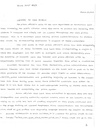
|
2012 apr 9
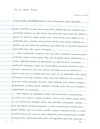
|
2012 mar 14
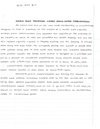
|
2012 mar 14
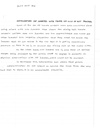
|
2012 mar 14
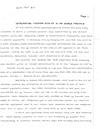
|
2012 mar 14
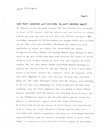
|
More... |
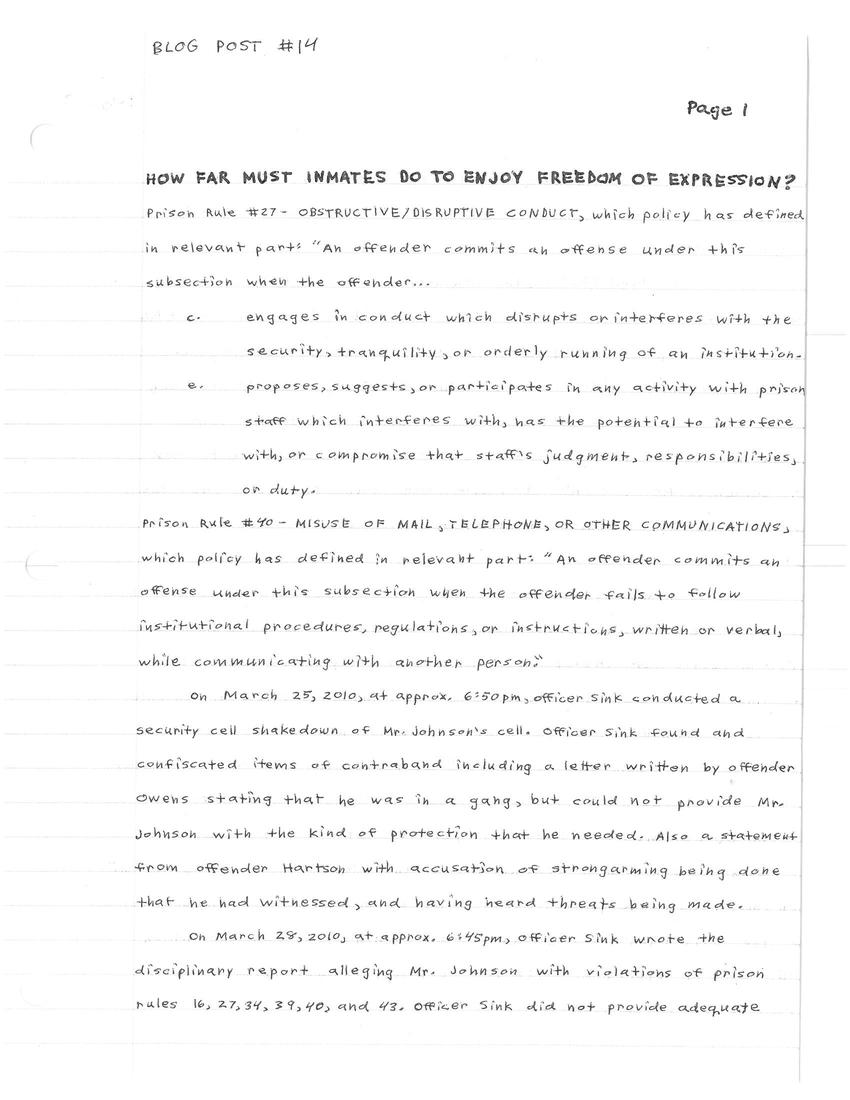
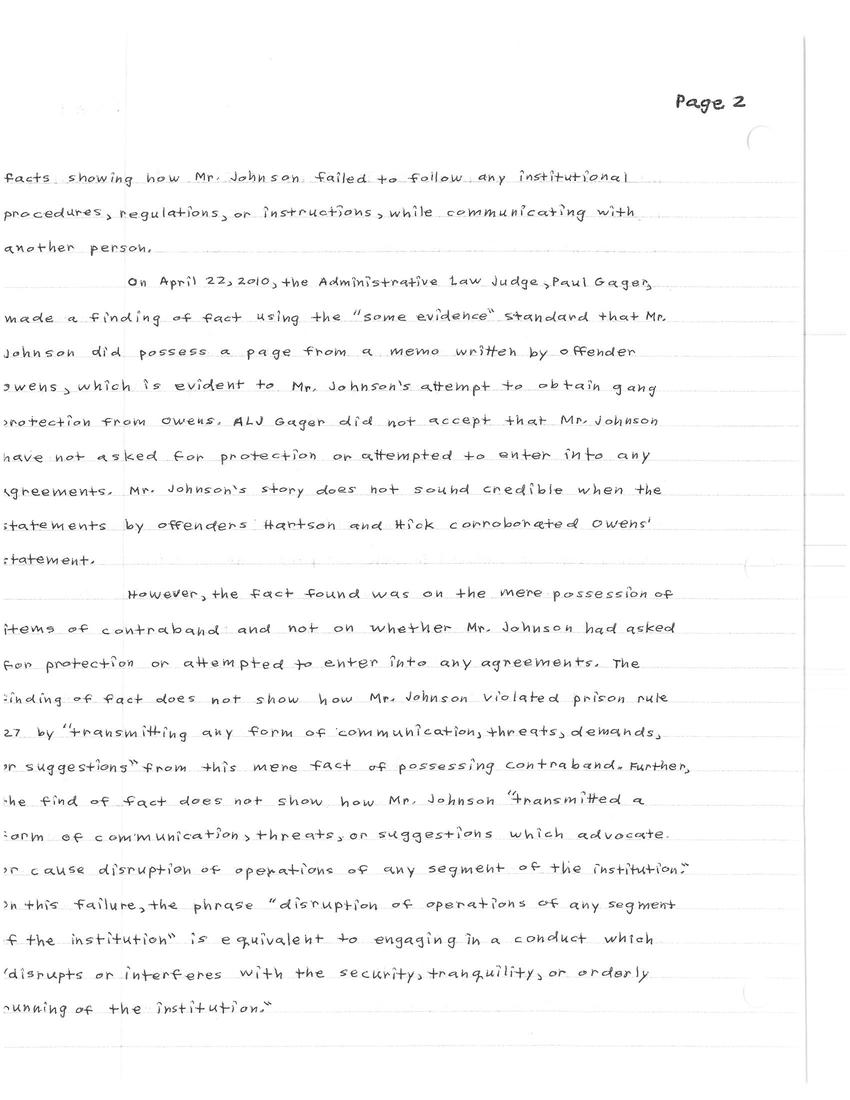
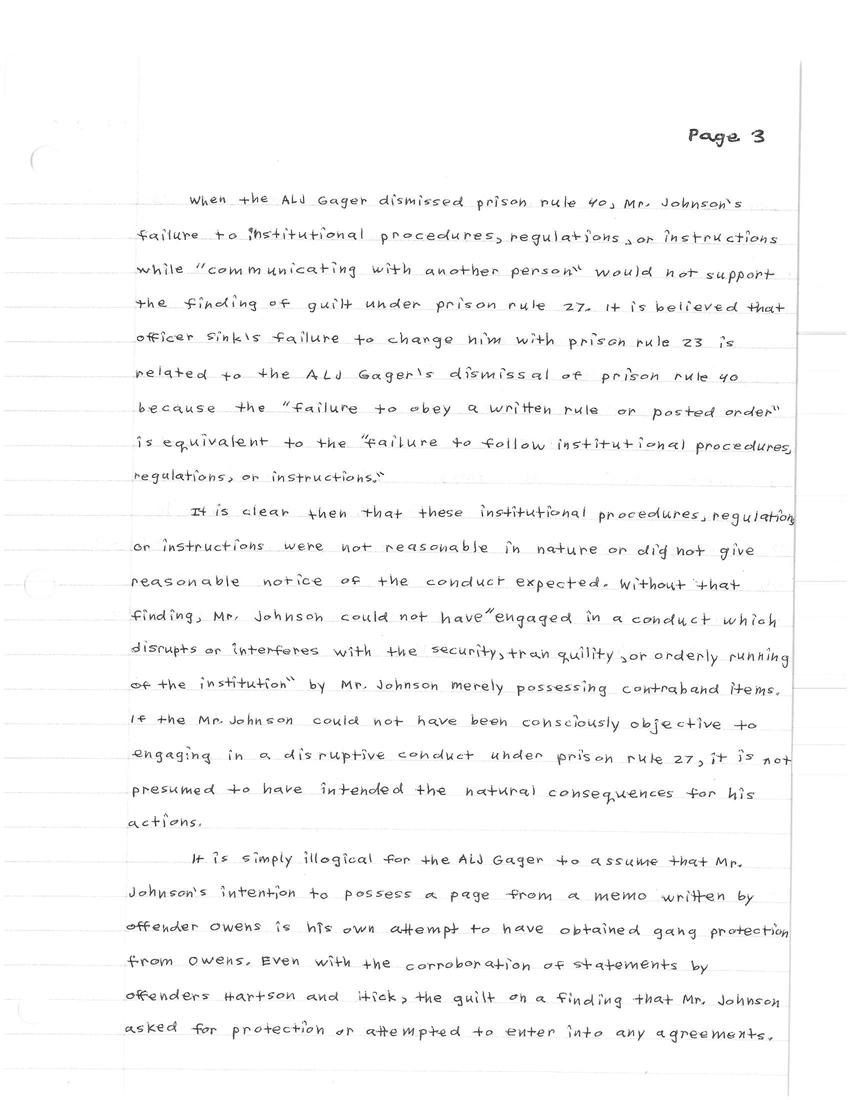
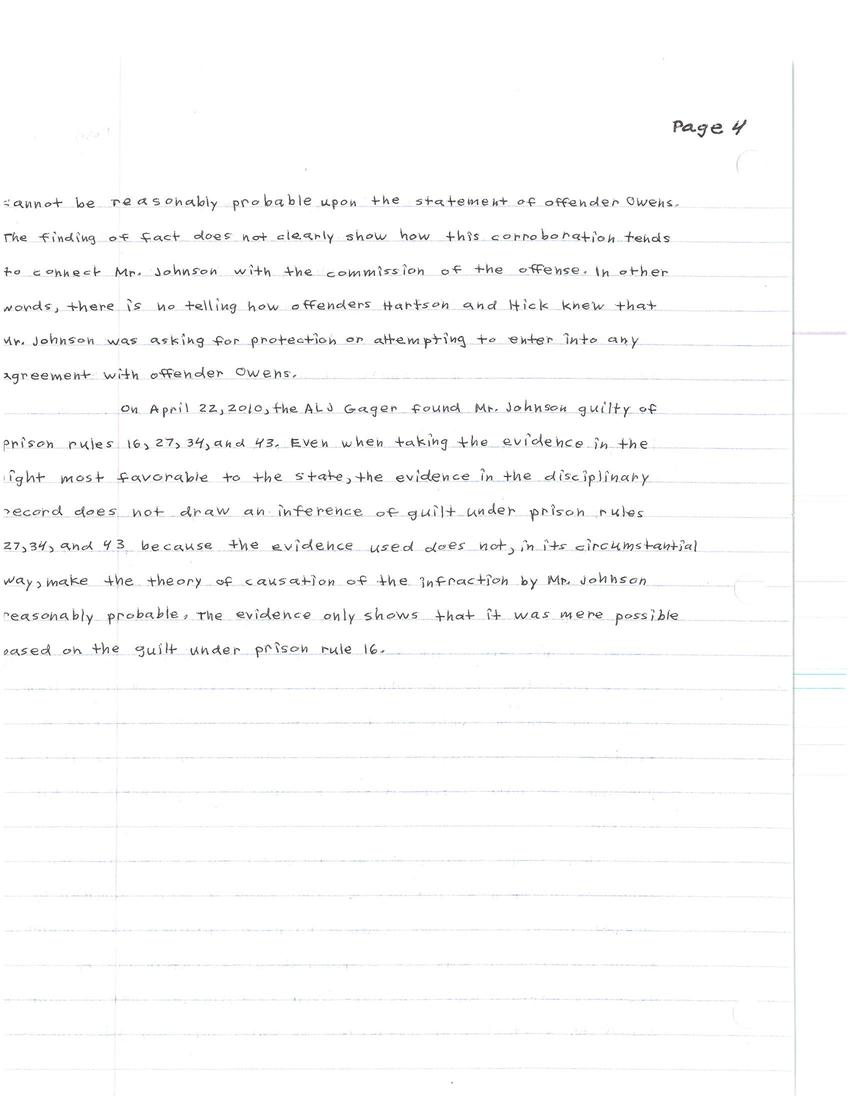

Replies (1)